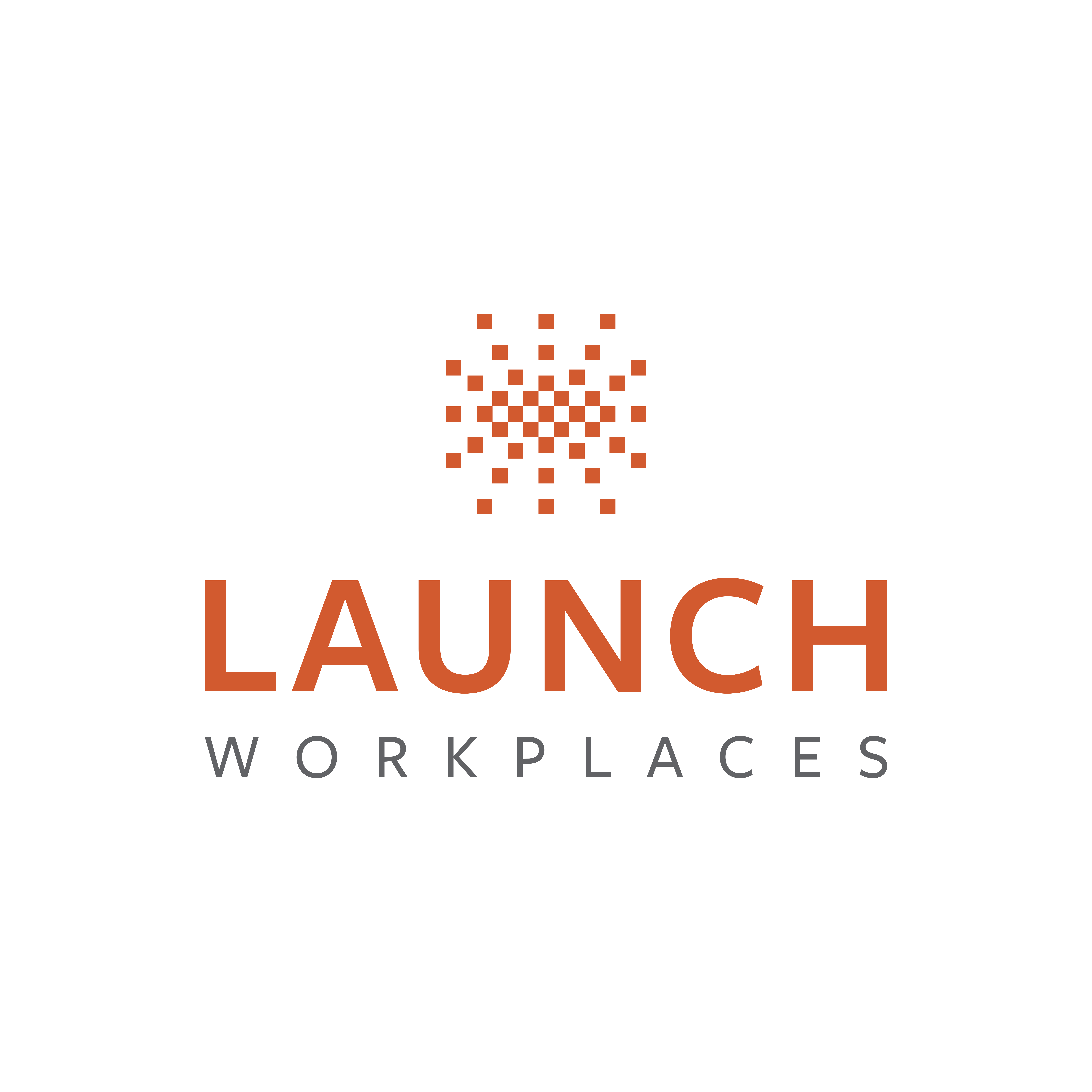Perseverance, strength, adaptability… resilience—one of the most undervalued professional attributes at work.
In a professional sense, resilience is your capacity to withstand and manage stress. A resilient person is able to adapt to changing circumstances, handle adversity, and maintain personal well-being.
But like any skill, resilience is a skill that needs to be practiced, honed, and maintained.
Why Resilience Matters
Just talk to a few of your friends or colleagues and you’ll have no doubt stress runs high in the workplace for most people—if not everyone.
Technology, competing priorities, and lack of work-life balance all contribute to stress and burnout. For some, this might lead to mental health concerns like depression and anxiety.
Resilience—the ability to bounce back from adversity and handle stress—has a protective effect on unfavorable outcomes in high-stress workplaces. Research shows when employees develop mental resilience, they produce better personal and professional outcomes, including:
- Lower stress and burnout.
- Decreased likelihood of depression.
- Fewer sleep problems.
- Higher job satisfaction.
- Increased productivity.
- Less intentions to quit their job.
From this research, we can see that resilience is important on a personal level—it helps employees thrive—but it also impacts workplaces as a whole.
Employees who are more resilient are also more productive and less likely to quit their jobs which, in turn boosts retention and reduces the cost of employee turnover.
That’s why increasing resilience is a win-win situation for both employers and employees.
How to Build Resilience at Work
Resilience isn’t something we’re necessarily born with. More often than not, resilience is a learned skill. And like any skill, you can take steps and use strategies to boost your resilience.
This comes down to focusing on three key areas: your mindset, your environment, and the people you surround yourself with.

Mindset
Change always starts within. It’s impossible to avoid all negative experiences and challenges in life, so you need to build a resilient mindset to handle them. If you don’t, you’ll continue to experience their side effects—including the workday stressors that are causing you pain.
Resilient people share the following characteristics:
- Self-reflection: The ability to look inward, assess what you’re feeling, and manage emotional triggers helps build resiliency. Self-reflection is a foundation for resiliency because you can accurately assess how you’re handling a situation and make better decisions.
- Positivity and gratitude: We’re not talking about brushing away all the hard things in life and pretending they don’t exist. But a positive mindset and the ability to see what’s good, beautiful, and helpful will go along way to addressing challenges and negative circumstances.
- Grit: A synonym to perseverance, grit is the determination to push through challenges in order to meet goals and accomplish tasks. Grit is focusing on what matters and not getting discouraged by distractions or challenges. Grit can be developed over time as you tackle situations and increase your resiliency.
Environment
While it is not always possible to control your external environment to the same extent that you can control your own thoughts and outlooks, you should strive for an environment that is supportive.
But with that being said, you should be proactive and intentional in seeking work environments that support your ability to be resilient and positively impact your mental health, whether you work for yourself or you’re joining an organization.
Here are a few things to consider:
- Physical environment: A calm, clean, and organized space promotes inner calm and clarity; it’s easier to be resilient when you’re not stressed out by your office mess. Coworking spaces—with options for private offices and dedicated desks—are designed to be productive, calm environments so you can do your best work.
- Workplace culture: Consider the norms and rules of your workplace (these can be self-imposed, too!). Autonomy, the ability to fail without punishment, and an inclusive environment all boost resiliency.
- Technology: Constant notifications, alerts, and disruptions can add to your stress. Do a tech audit to see how you’re using your devices and if it’s impeding your ability to be resilient. You might want to consider these 6 time management tools and techniques that put technology to work for you, not against you.
Relationships
The people you surround yourself with can impact your resiliency. Supportive, positive relationships can help you work through challenging situations and see things from a new perspective.
Take some time to consider the relationships in your life and if they’re helping or hindering your ability to be resilient:
- Employer/manager relationship: Does your boss support you personally and professionally? It’s important to be able to have open, honest conversations with your boss about your workload, challenges, and priorities. It might be helpful to consider common leadership styles and what works best for you.
- Colleagues and professional network: Do you have people who you can talk to about challenges or stressful situations? This is especially important for self-employed individuals who don’t have a built-in network at their workplace. Finding a professional community is one of the advantages of coworking spaces and a reason many remote workers and solopreneurs join them.
- Friends and family: Supportive relationships in your personal life will help you in your professional one. It’s important to have people you can “vent” to, discuss problems with, and back you up on important decisions to protect your mental health (i.e., quitting a toxic job).
Resilience matters because it protects your mental health and propels you towards greater productivity and calm in your work. It’s what will allow you to push through challenges to grow and meet your professional goals.
Your professional network and the place where you work both have a profound impact on your resilience. That’s why we’ve designed Launch Workplaces as a place supports better personal wellbeing and stronger professional outcomes. If this sounds like something you could benefit from, book a tour of your local Launch Workplace today.



